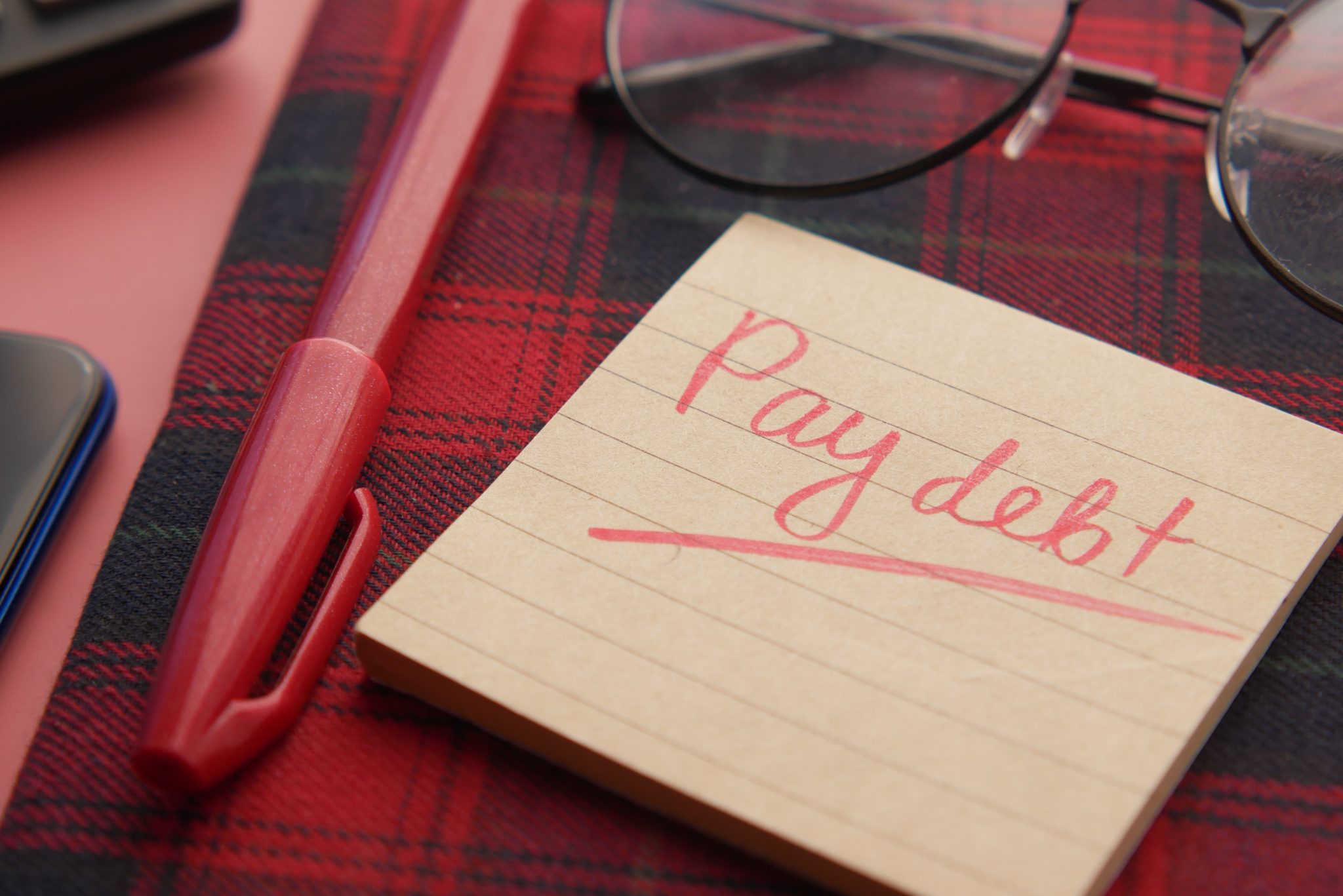
6 ways to lower your debt
If you’re planning on buying a new car, something you should first consider is your existing debt.
When getting a car loan, as well as your loan repayments, you also have to make interest payments. Your interest rate has a significant impact on the overall amount you end up paying over the life of your loan. To get a better interest rate, you may want to look at ways to lower your debt.
Know what you owe
Before you tackle your debt, you should gain a full understanding of how much debt you have.
Create a debt tracker with a list of all your debts, how much you have left to pay on each debt, and if there are minimum repayments. Include all credit cards, unpaid bills or fines, and loan repayments, and keep track of how much you have left to pay after each month.
If you’re planning to take out a car loan, use a car loan calculator to work out how much your repayments and interest will cost and add that to your debt tracker.
Set goals
It can be overwhelming to see all your debt, which can make it seem harder to pay off, but once you have it all listed, and you know the amount of debt you have, you can set yourself a goal for paying it off.
Setting goals helps to keep you on track. Work out what you can afford to pay towards your debts each month. Look at your incoming and outgoing finances to create a budget that will support you in paying off debts by the desired date.
You may only be able to afford to make minimum repayments, but assess your spending to see where you could be saving money that could go towards paying off your debts sooner.
Prioritise you debt
Once you know how much debt you have, you need to prioritise how you’re going to pay them off. By prioritising your debt, and focusing on one debt at a time, it will feel more achievable to lower your debt.
Not all of your debt will impact your finances equally, so it’s important to work out which debts you want to prioritise to pay off first.
While it may seem like you should get rid of the biggest debt first, this can take longer. Getting rid of your smaller debts first will give you a confidence boost and help motivate you to keep going. This can help you build momentum as each debt is paid off until you only have the biggest one left to tackle.
Another option may be to pay off the debt with the highest interest first. Paying off the one with the highest interest rate will reduce the overall amount of interest you pay, which can help save you money.
However, you want to prioritise paying off your debts, as soon as you’ve paid off one, move on to the next.
Pay off a bit each month
When paying off debt, the important thing is to keep up with making the minimum payment. This will avoid you falling behind on your payments, but if you want to lower your debt faster, you may want to pay more than the minimum on each debt each month.
If you’re able to, you should also make extra repayments consistently to pay off your debts quicker. Though check there are no fees with extra or early repayments.
You may choose to focus on paying more towards a certain debt first to pay it off quicker, but you should still make sure you pay the minimum towards any other debts to avoid additional fees and charges.
Stay on top of your bills
Staying on top of your bills shows you’re reliable, which is beneficial when you apply for a car loan.
Set up automatic payments, or payment reminders so you don’t fall behind. Staying on top of your bills and existing loan repayments can also help you avoid taking on more debt, or being charged late fees.
Consolidate your debts
If you have multiple debts, consolidating them can make it easier to manage. This involves combining all your debts into a single loan, which you then pay only one monthly repayment, rather than numerous payments. This can make your debts more manageable and may help you pay them off sooner.
Consolidating your debts into one loan also allows you to choose a lower interest loan.

